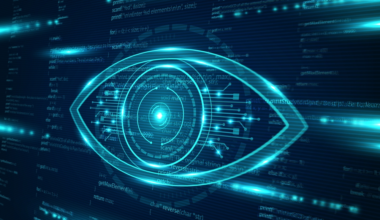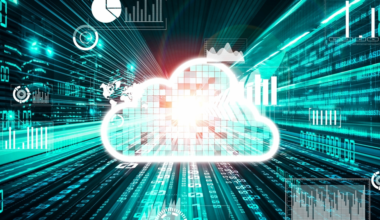Introduction:
For a very long time, the field of cybersecurity has been fraught with difficulties and disputes. Recently, the Chief Information Security Officer (CISO) of SolarWinds, a well-known technology business, was charged by the Securities and Exchange Commission (SEC) for making false statements about security risks. This discovery has sparked fresh discussions about the responsibility of companies and their CEOs for protecting sensitive data, sending shock waves across the industry and cybersecurity worlds. Let’s examine the specifics of this case and any possible ramifications for the cybersecurity sector and other industries.
The SolarWinds Saga:
For a number of years, SolarWinds—best known for its network management software—has led the IT sector. But when a large cyberattack that was allegedly coordinated by foreign actors jeopardized the security of multiple government institutions and businesses globally, its image suffered a great deal. When the breach was originally identified in late 2020, it rocked the cybersecurity world, bringing to light issues with critical infrastructure vulnerability and the necessity of strong data protection protocols.
The SEC’s Allegations:
According to the SEC’s most recent accusations, SolarWinds and its CISO purposefully misrepresented the security concerns facing the firm in its public reports. The SEC claims that SolarWinds misled investors and the general public about the true dangers connected to its products by withholding information regarding the full scope of its vulnerabilities. In addition to undermining investor confidence, this purported fraudulent activity also emphasizes the possible repercussions of downplaying cybersecurity risks in a digital environment full of sophisticated cyberthreats.
Implications for the Cybersecurity Industry:

The SolarWinds case has wider ramifications for the cybersecurity sector, particularly in regards to the responsibility and openness of businesses when it comes to revealing security threats. The rising sophistication and regularity of cyberattacks have made investors and customers alike more wary of the security protocols of the businesses they do business with. A paradigm shift in how businesses approach and disclose their cybersecurity strategy may result from the SEC’s actions, which suggest a greater emphasis on holding businesses accountable for their cybersecurity measures and disclosures.
Lessons for Corporate Governance:
This story emphasizes how important good company governance is while negotiating the tricky landscape of cybersecurity. To guarantee that investors and stakeholders are properly informed about the possible vulnerabilities and dangers facing the organisation, boards and executives should place a high priority on thorough risk assessments and open communication. Strong cybersecurity procedures combined with an organisational culture of responsibility and openness may help reduce risks and build consumer and shareholder trust.
The Future of Cybersecurity Compliance:
As regulatory scrutiny intensifies, the SolarWinds case serves as a cautionary tale for companies across industries. Compliance with cybersecurity regulations is no longer merely a best practice but a fundamental necessity for maintaining trust and credibility in an increasingly interconnected digital ecosystem. Companies must proactively prioritize cybersecurity measures, conduct thorough risk assessments, and uphold stringent reporting standards to protect their stakeholders and the broader digital infrastructure.
Conclusion:
The accusations brought by the SEC against SolarWinds and its CISO underscore the pressing necessity for increased accountability and transparency in the cybersecurity space. In order to protect sensitive data and preserve investor confidence, businesses should take a hard look at their security risk disclosures and give strong cybersecurity measures a priority. In the future, strengthening an organization’s resilience against the always changing threat landscape will need a proactive approach to cybersecurity along with a dedication to open communication and compliance.







